One of the most eye-catching news this year is that plastic bags have been banned across Australia.
Supermarket giant Woolworth began banning disposable plastic bags (also known as light plastic bags) in all stores across the country in June, while Coles will take effect on July 1.
At a time when plastic bans are hard to promote in some states, South Australia's environmental protection plan has long been at the top of the country, banning plastic bags not only in 2009, but also recently testing new "decomposable compost" plastic bags.
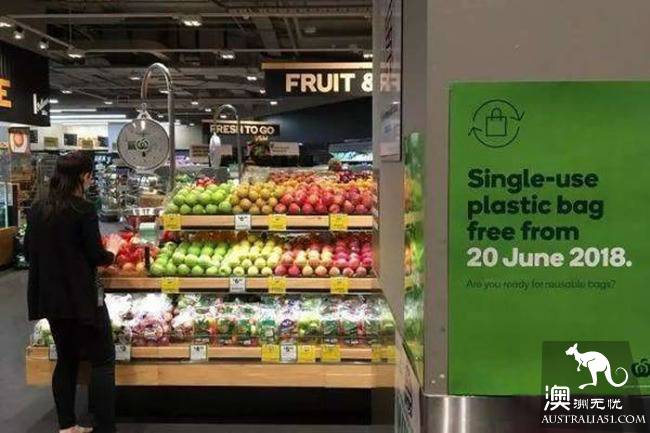
Retailers will no longer be able to supply plastic bags less than 35 microns thick since July 1, 2018, according to ABC.
Australia uses more than 3.9 billion plastic bags a year, and most of them end up in landfills.
As disposable plastic bags take longer to decompose, they will eventually lead to pollution of the sea, rivers or beaches.
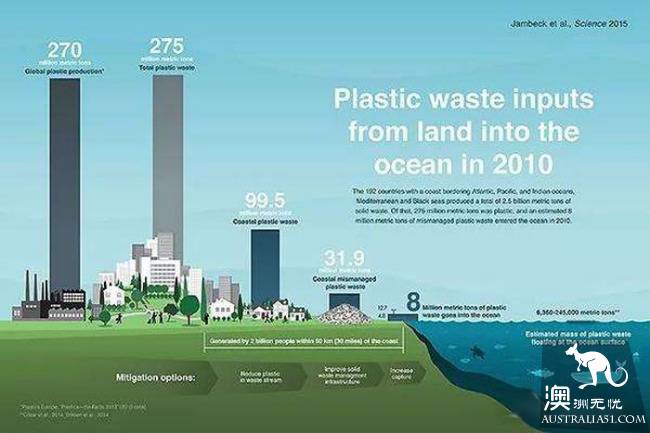
In fact, there have been laws in many parts of Australia, including South Australia, the Australian Capital region, Tasmania and the North, and Western Australia and Victoria will ban the use of plastic bags this year. So the new state will be the only area where light plastic bags are allowed.
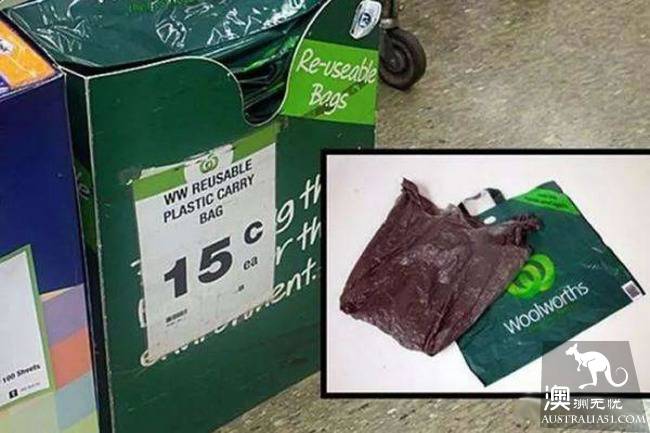
South Australia banned the use of disposable plastic bags in large supermarkets in 2009, while retailers offered reusable plastic bags at 15 cents or green bags made of polypropylene (Polypropylene) at A $2.
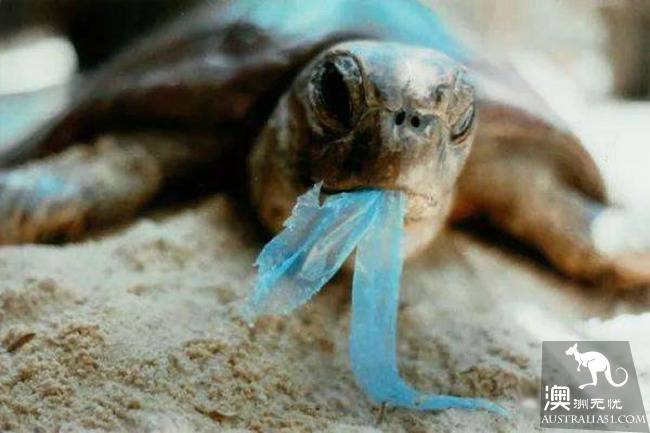
Recently, as more and more areas prepare to ban disposable plastic bags from July 1, two South Australian supermarkets are experimenting with "decomposable" light bags made from fruits and vegetables.
It's a plastic bag made of corn starch that can be broken down with food residue without leaving any plastic debris in the ocean.
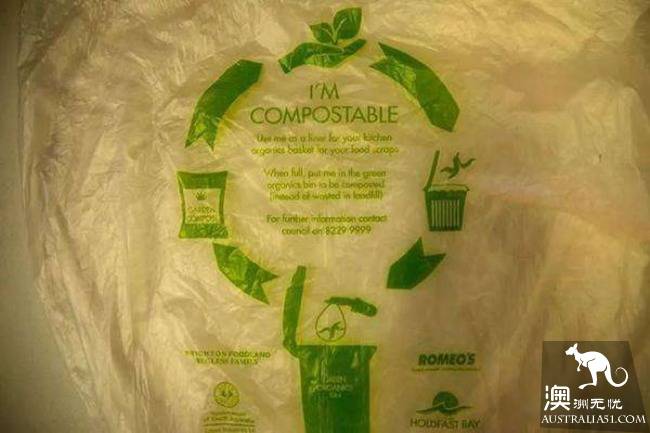
"these bags are made in Japan and are made of 100 percent organic matter, including 98 percent of corn starch," said Shani Wood of Holdfast Bay.
The purpose of the "decomposable" bag is to throw home decomposable food residue into a "decomposable" bag and then put it in a green decomposable trash can to make it compost, Shani Wood said.
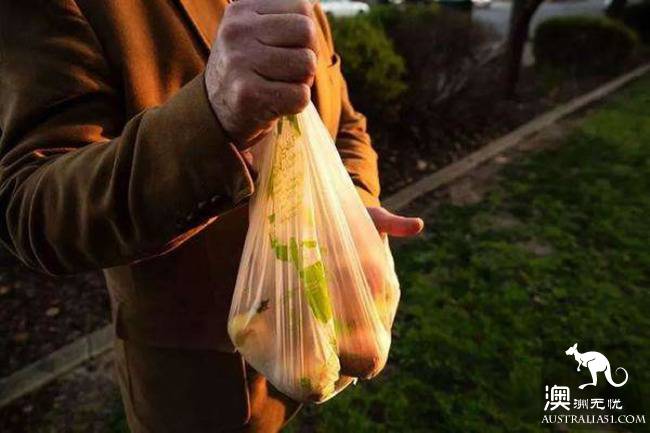
Even if handled improperly, the bags are drained into waterways and eaten by marine life, Shani Wood said, without causing harm to them.
While "decomposable" bags are environmentally friendly and appear to be alternatives to reusable plastic bags and green bags, Professor Peter Halley of the University of Queensland is cautious.
"they are undoubtedly a good start, but we need to focus on the entire use of resources, energy, water and carbon dioxide emissions in the production and treatment processes in order to get the real impact of a material on the environment."
In addition, the university's head of chemical engineering said.
"even if corn starch is water soluble, decomposable bags break down quickly in water, but it is important to study the entire life cycle of this material."
"for example, a recycled traditional plastic may consume less energy than a decomposable bag. Therefore, while garbage disposal is better, energy use is not. "
In addition, Shani Wood said the obstacle to introducing "decomposable bags" was the cost of making them. "they are currently about 10 times more expensive than ordinary plastic bags,", Shani Wood said.
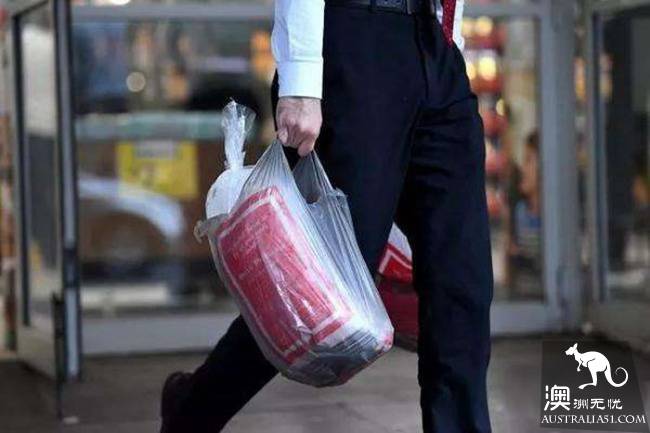
Most people think the plastic bag ban is mainly aimed at reducing the amount of plastic in landfills, but its main goal is to reduce the amount of visible waste; when you remove all disposable plastic bags, the number of plastic entering landfills will also decrease.
"the ban in South Australia has led to a significant reduction in the number of garbage bags," said Anne Sharp, an associate professor at the Ehrenberg-Bass Research Institute for Market Sciences.
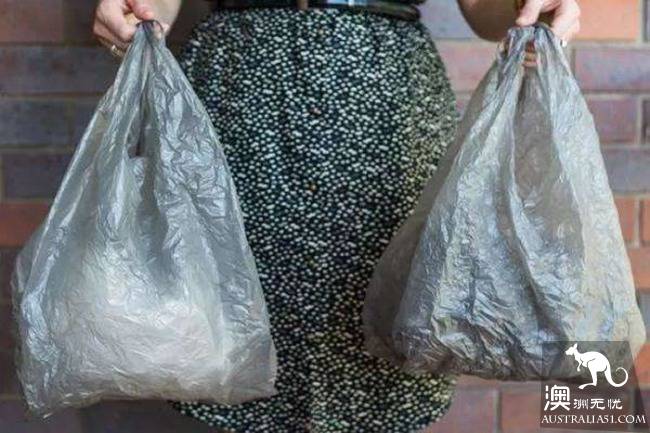
According to Terrie-Ann Johnson, Australia's cleaning chief, many shoppers do not have the habit of reuse plastic bags.
"not everyone is reusing plastic bags and calling for an interstate ban to be consistent with community information and explain their full potential," she added.
A spokesman for Woolworths said the company was working to reduce plastic use and "phasing out disposable plastic bags is only part of our business."